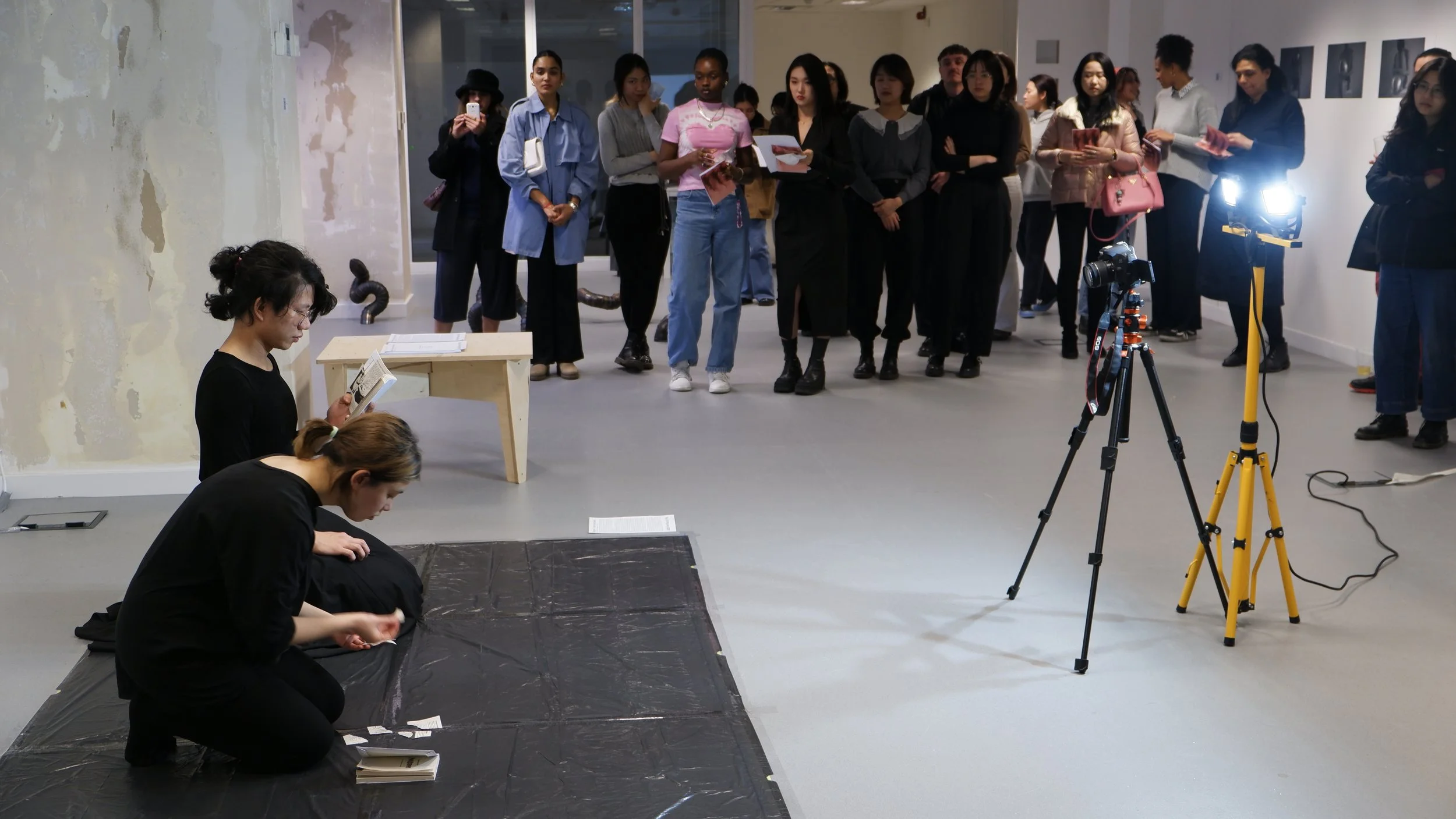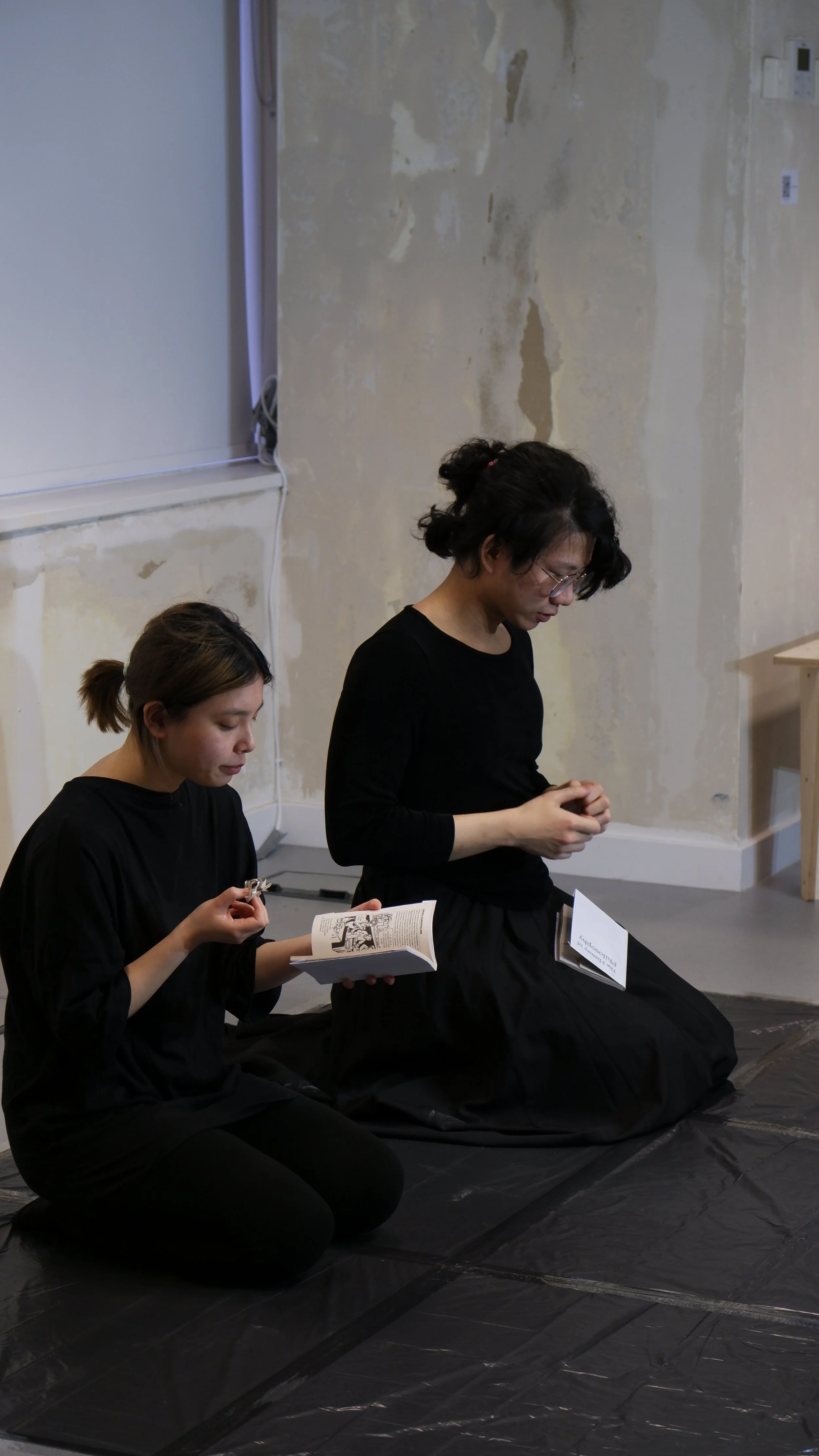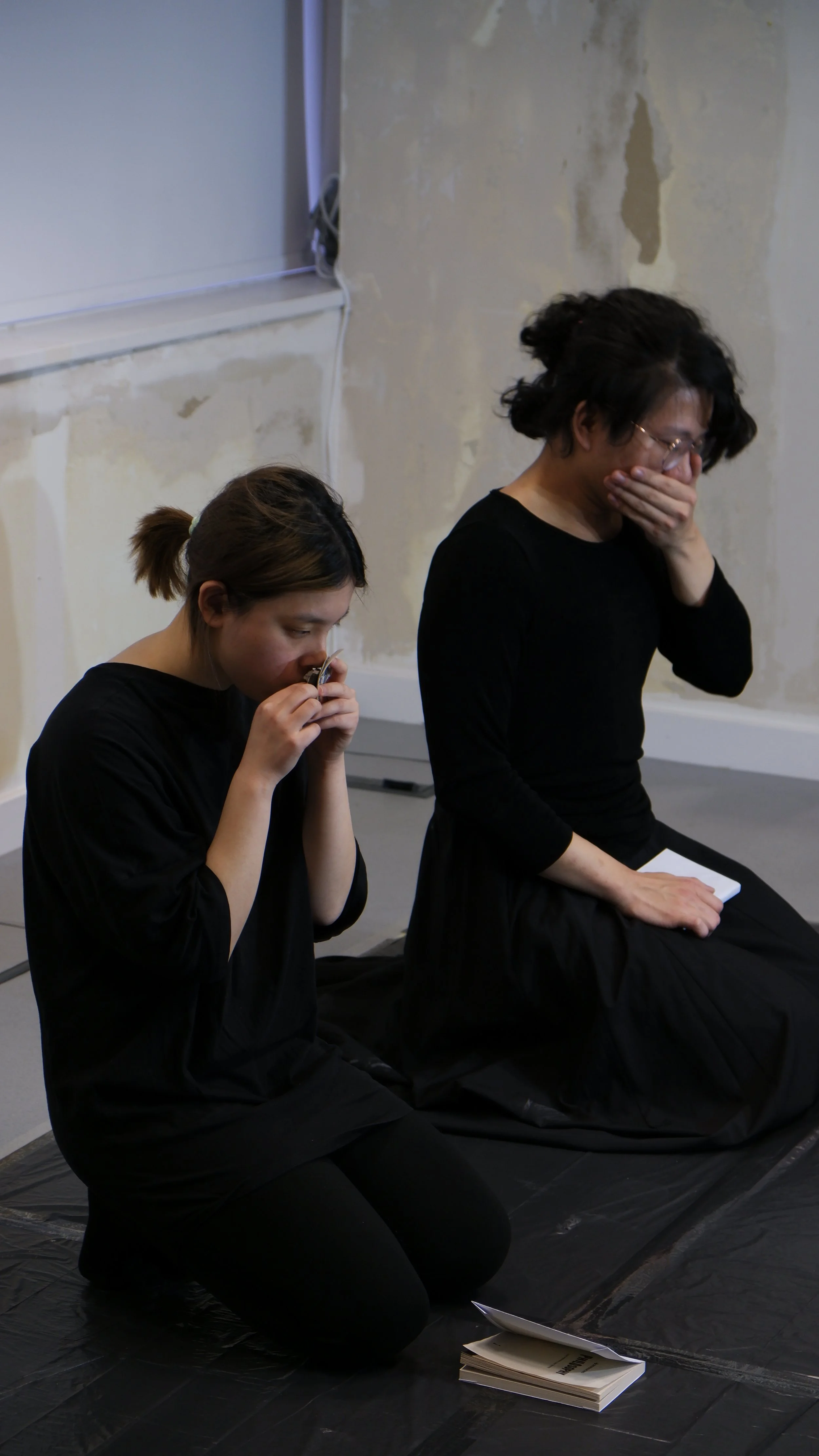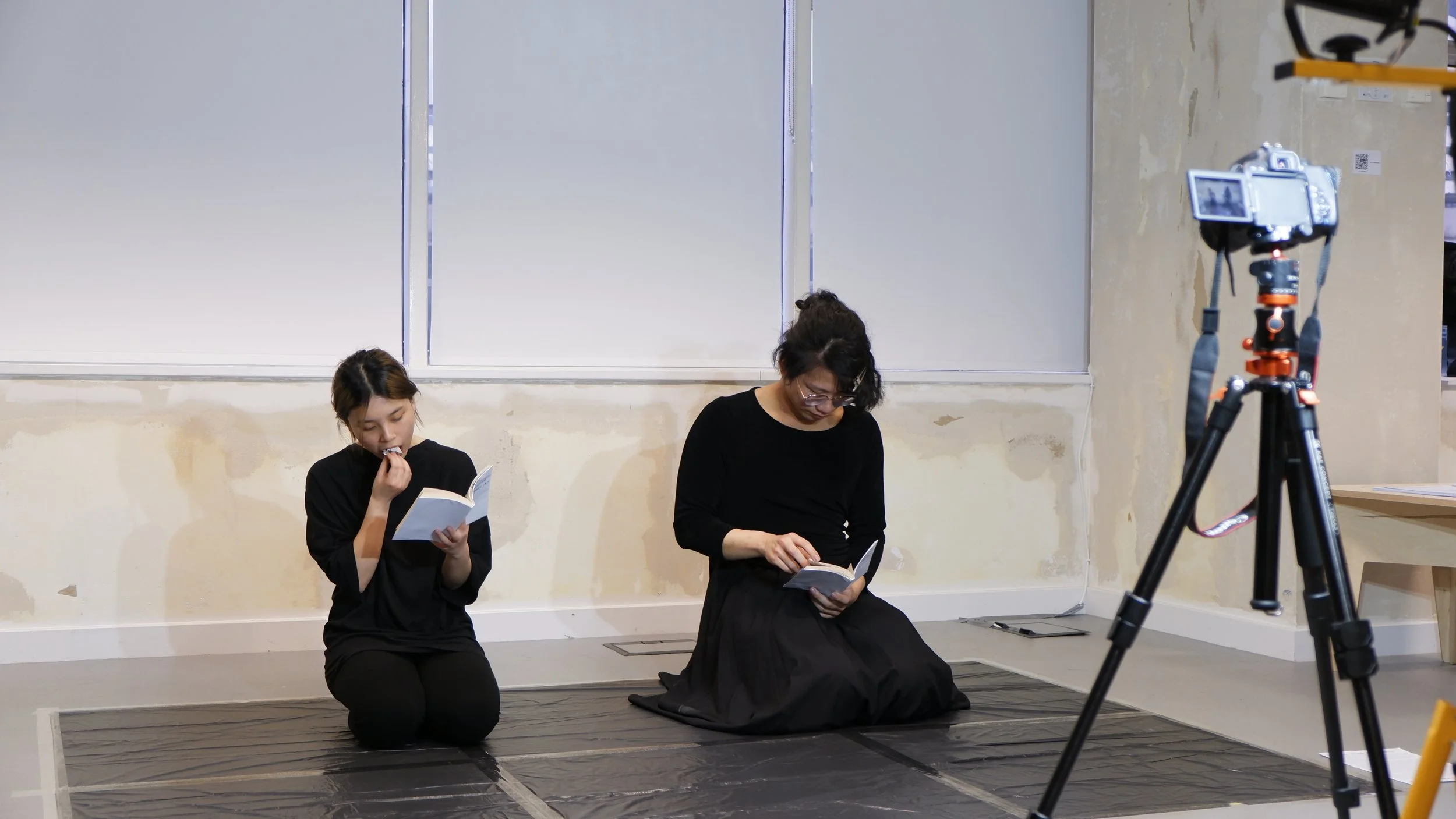
indigestion
Rationalism, empiricism, and subjectivity are deeply embedded in the language structure of modern disciplines, and the appearance of modern society is shaped by modern disciplines. Human modern civilization is built on rationality, built on coherence and reasonableness. These concepts have evolved, iterated, and improved over a long period of time, and with this series of processes, new vocabulary and narrative methods have been added to daily language structures. These language structures have not only spread to everyday language but also been embedded in non-Western languages. Language is ideology, and individuals in society are always enveloped in ideologies that have not been recognized by them as recognized ideologies. If one does not enter rational language, one cannot have a dialogue; if one enters rational language, it signifies the fundamental failure of cross-language dialogue. This is a common problem in all "center-periphery" language structures and the root cause of the difficulty in dealing with this structural oppression. Can internal criticism directly shake the structure itself? A structure is limited in describing what "I am not", and gradually becomes inert, just like rationality has defeated opponents in the past one by one. Perhaps, as generations of scholars continue to criticize, the scope that rationality can describe will become narrower and more solidified, and perhaps one day, the fantasy of "what else is there" in this structure will be truly dispelled by its own methodology (all modern disciplines). We have to directly face the impotence of this structure. We do not know if the reform within the system can prevent revolution from ever happening; no one can know if something that has not happened will definitely happen.
INDEGESTION
Previously mentioned in a course by the Chinese poet Bei Dao, the structural dilemma of small-language poetry was discussed. When the most mainstream judgment mechanism is located in European languages (taking English as an example), small-language poetry faces either being based on English translation or directly written in English, otherwise it can only be trapped in its own culture without expansion. This dilemma is not only in China but also in Eastern Europe, South America, Africa, etc. Poetry, as the fruit grown directly from the soil of the native language, must directly face this dilemma without room for maneuvering and also becomes a direct window of this "center-periphery" cultural structure.
But is this situation really a direct oppression from the central culture to the peripheral languages? The process of cultural grafting is mixed with initiative, passivity, and unconsciousness. Cultural output and protection policies are actually operating in a political context, but cultural exchanges and learning have been continuously occurring in different historical stages of every modern country, mixed with government and grassroots behaviors, and the flow is not one-way. However, the neutral context of this grand narrative is perceived as an oppressive structure and impotence by every peripheral cultural individual who needs to learn concepts from non-native cultural soil and finds that they cannot be clearly expressed in their native language. The following project is based on these two perspectives:
(Indigestion, performance, 2024)
Lio swallowed a book of contemporary art history and hesitated. Wuda swallowed a book of the history of philosophy with difficulty. (In the next paragraph, the discussion about "Art" and "Philosophy" is about these two words themselves. I use "words" instead of "signifier" here because the following discussion is only about the impact of words themselves, not the signifier and signified system.) The gradually modernizing China has absorbed a lot of foreign vocabulary in the process of cultural development, and this series of words and conceptual vocabulary has been internalized into the language, deeply shaping today's ideological and cultural landscape. However, in this process, many of these concepts lacking native cultural soil have not yet been fully integrated into the Chinese language system, resulting in linguistic indigestion. In terms of importance and typicality, the word "Philosophy" deeply reflects this process. Its corresponding Chinese vocabulary is inherited from the Japanese translation of philosophy, and the translation of such Western academic vocabulary in Japan at that time was based on the use of ancient Chinese classics. Today, the Chinese word corresponding to this concept has been deeply internalized into the language, more integrated into the way of discussion than becoming the object of discussion. For example, in the comments section of popular content related to philosophy on the Internet, the frequency of questions such as "which kind of philosophy it is" or "this kind of philosophy is negative or positive" is relatively low, and the phrase "the translation of philosophy into Chinese" itself rarely appears as a topic of discussion. Jacques Derrida once spoke about his deconstructive views when visiting China, that China has no philosophy, only thoughts, and supplemented the description of the content of "philosophy" with metaphysics. But in actual language usage, the boundaries between the Chinese vocabulary for philosophy and thought are already very blurred, and in some cases, these two have been merged into the same word "philosophythought", without "and" or "-" connector. (This involves a common Chinese word formation method, which is to juxtapose two words with similar meanings to form a compound word with a similar meaning.) In contrast to the word "Philosophy", the word "Art" has not yet been completely internalized into the daily language context in Chinese. There are also many debates about "what art totally means" even in non-academic contexts, and these debates are more about craving for an authoritative explanation about "art". Although just a superficial example, the comprehensive points mentioned above can already reflect the profound influence of the "translation of philosophy into Chinese" in the contemporary Chinese context. These concepts introduced into the process of Chinese-style modernization have become gaps in the language structure, even the word "modernization" itself is one of the gaps, and the confusion caused by some political vocabulary (such as nation, liberty) is even more serious. The confusion described by words themselves and impotence create a structural gap when discussing these concepts in Chinese, only partially compensated by the personal abilities of teachers. Even in Chinese universities, students in non-related research directions also face difficulties in understanding these non-native concepts, but giving up the use of these words is equivalent to rejecting mainstream language and discourse, and refusing more judgment criteria, opportunities for presentation, and dialogue within it.






